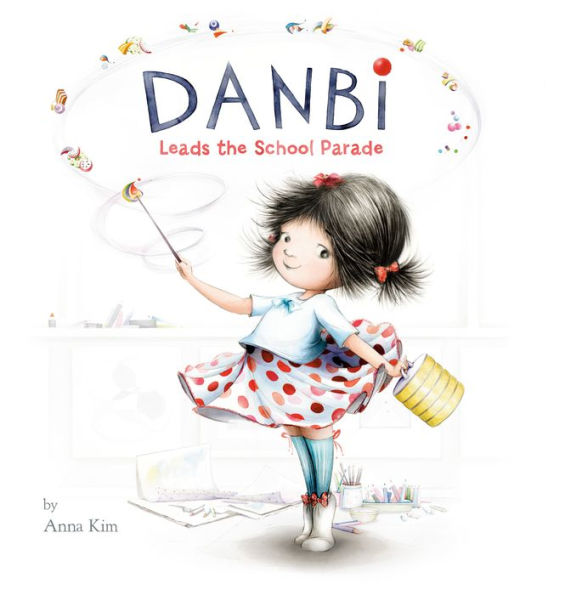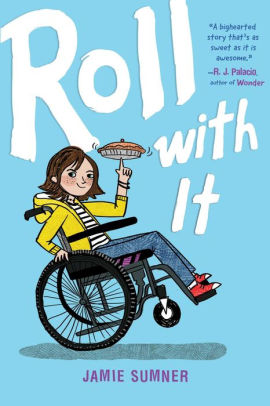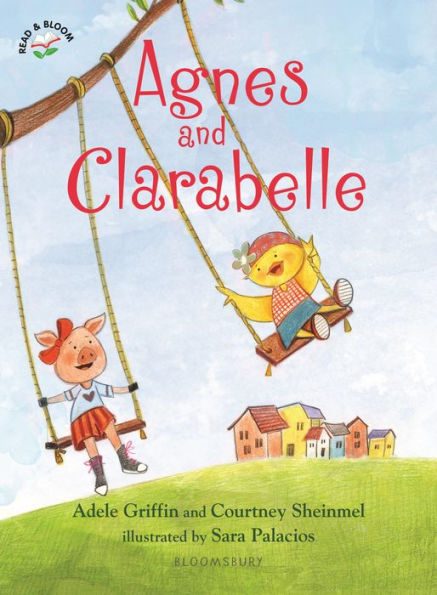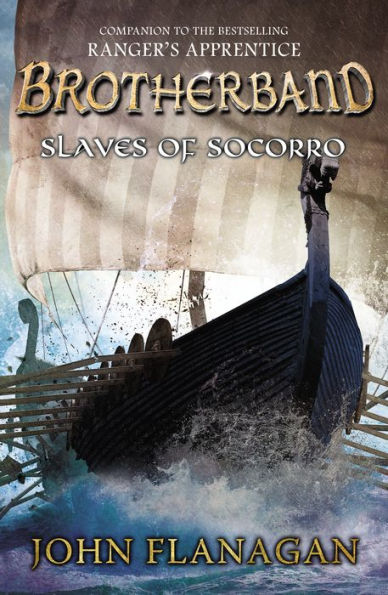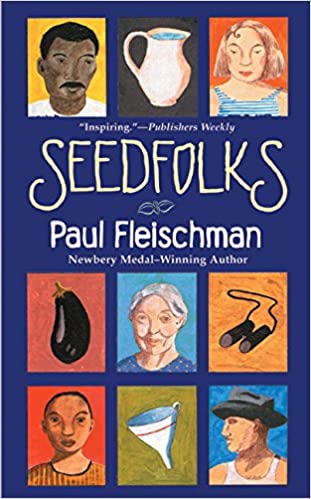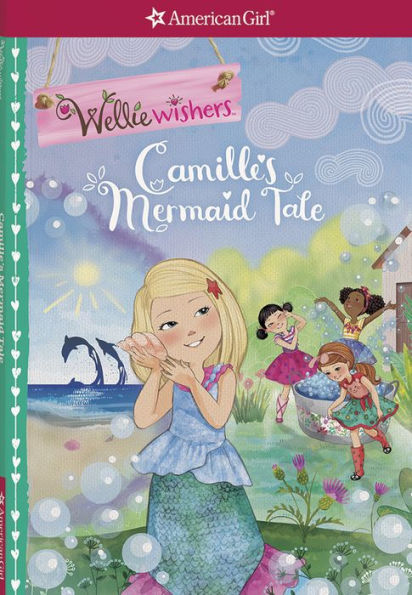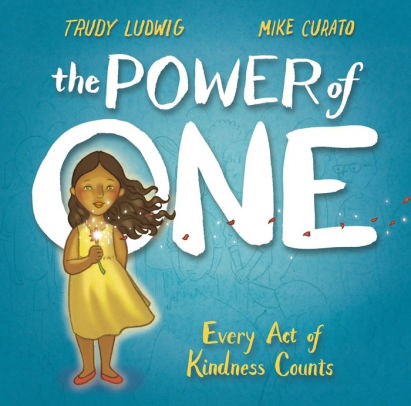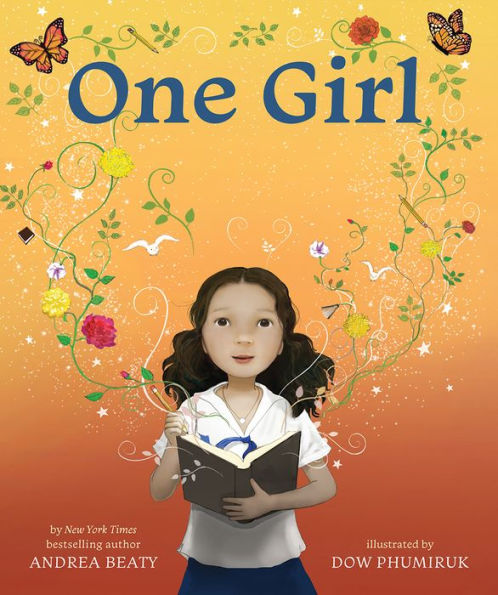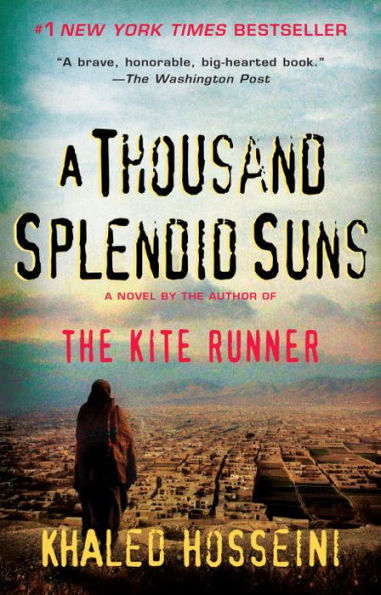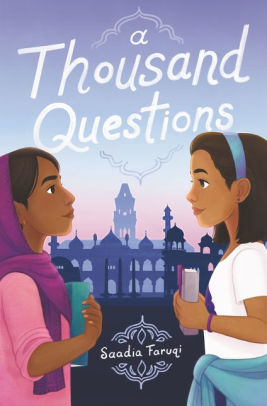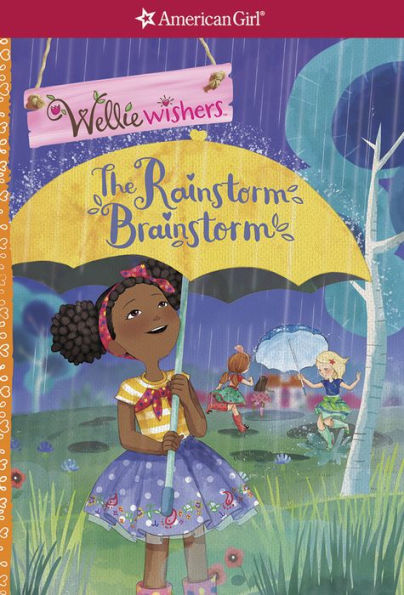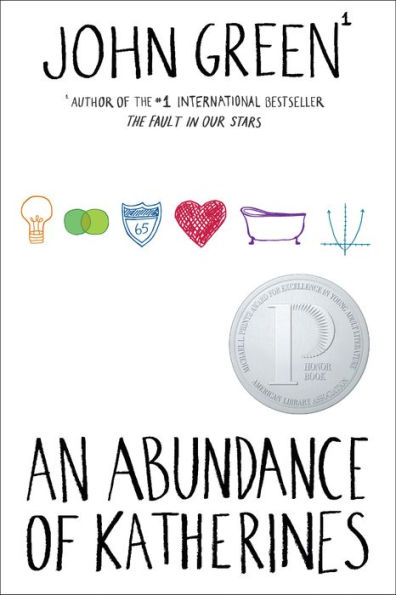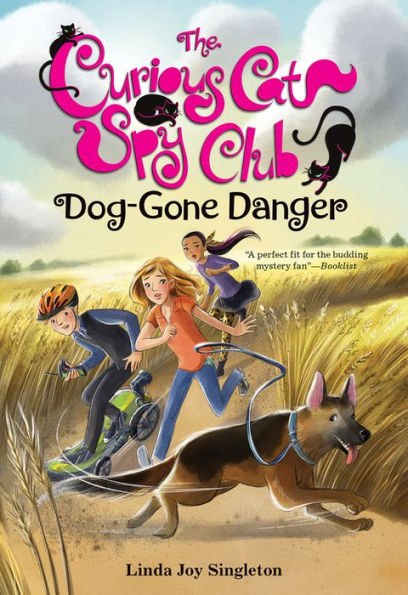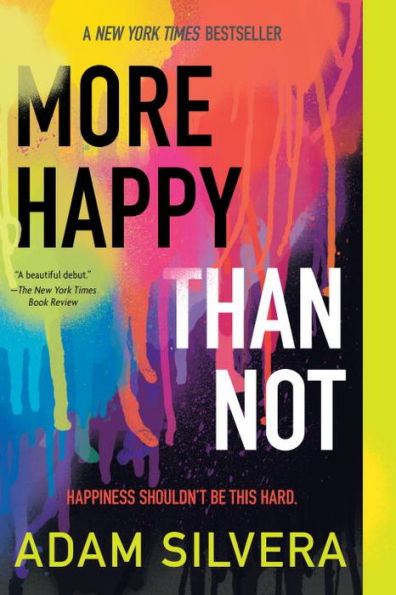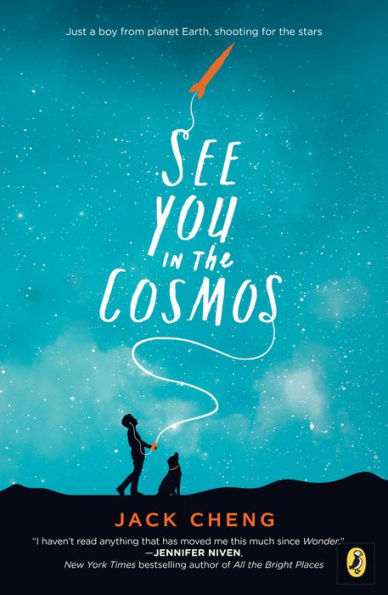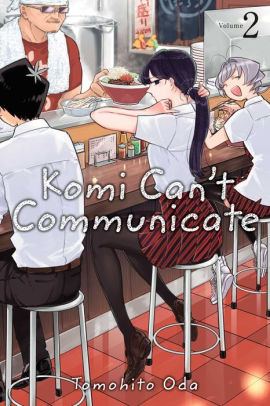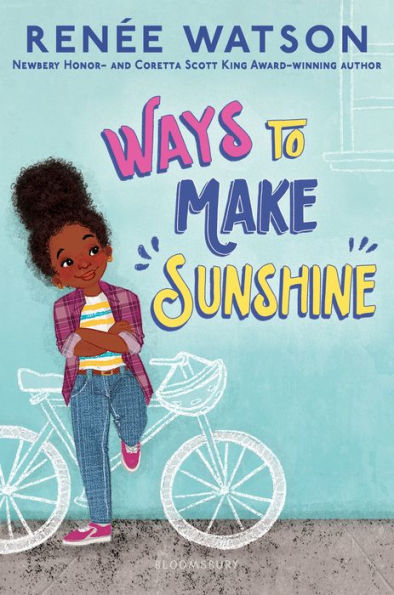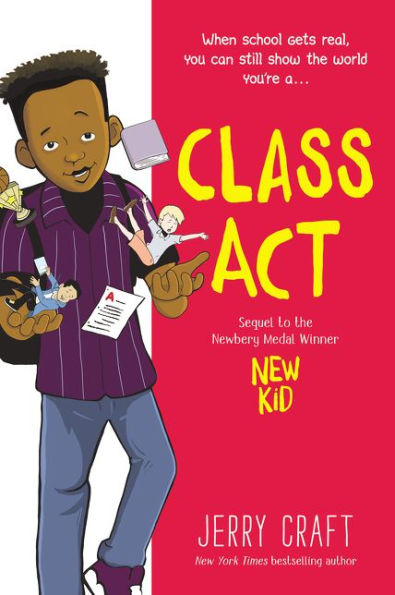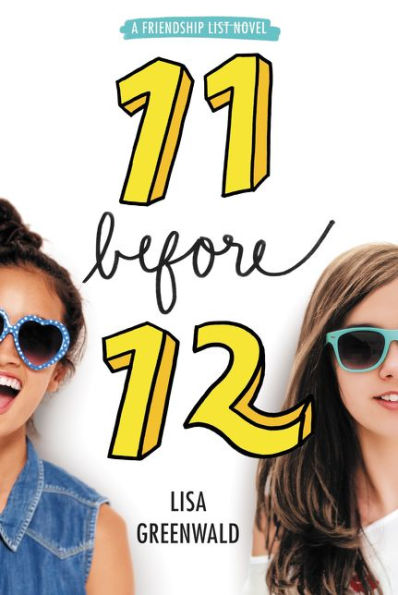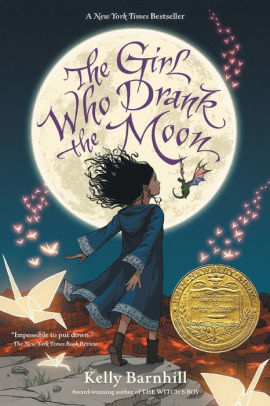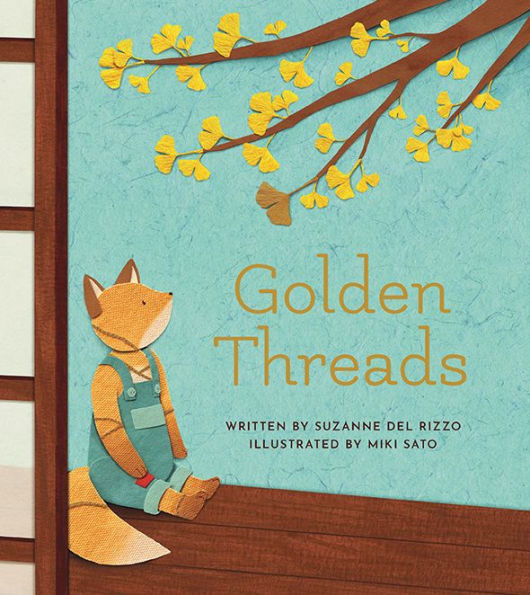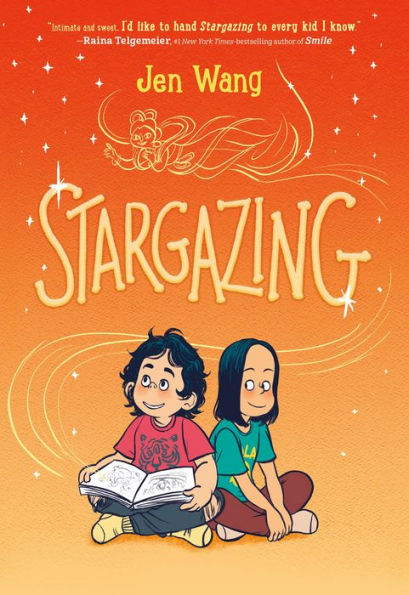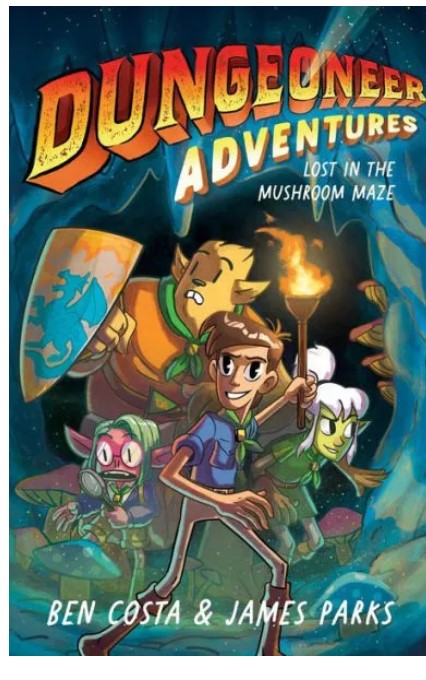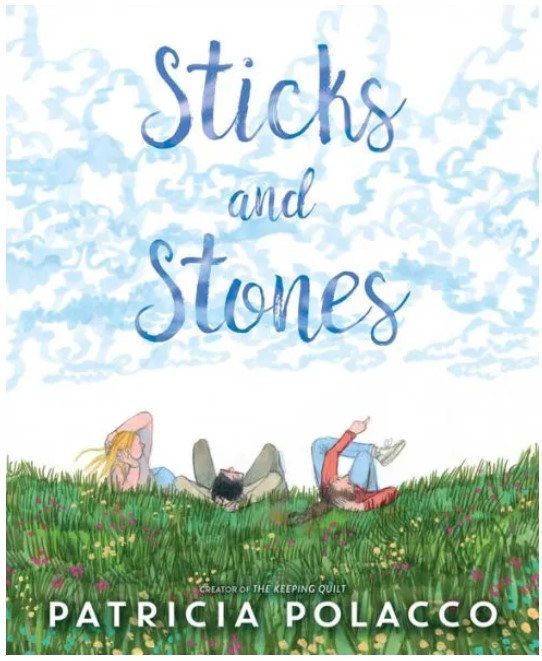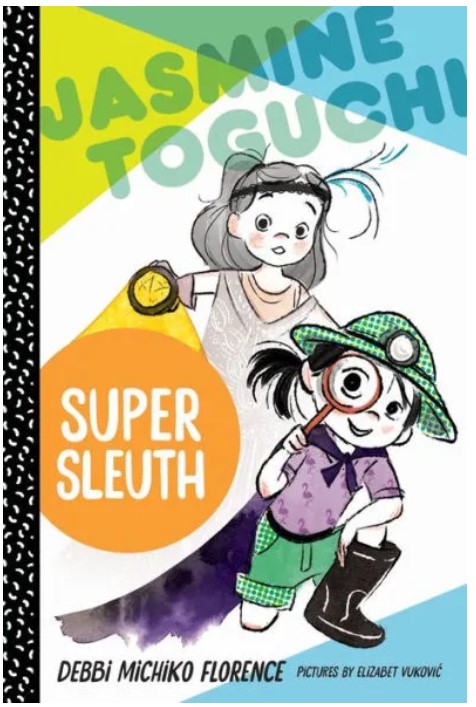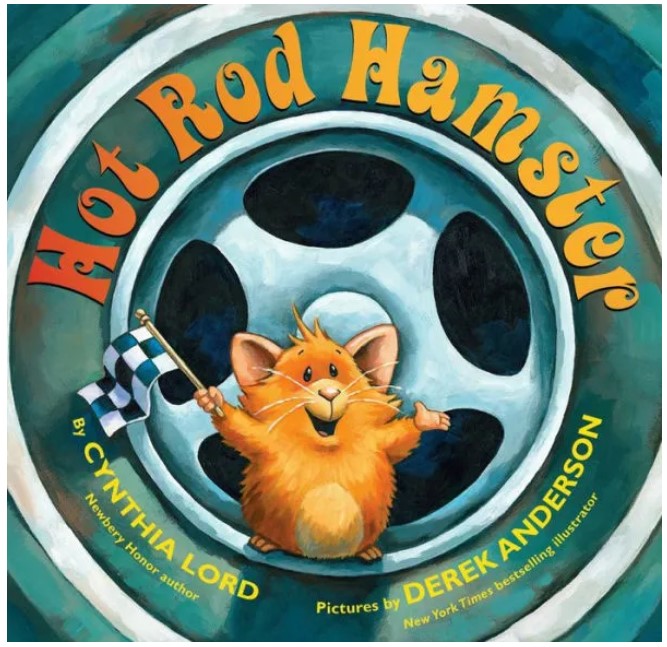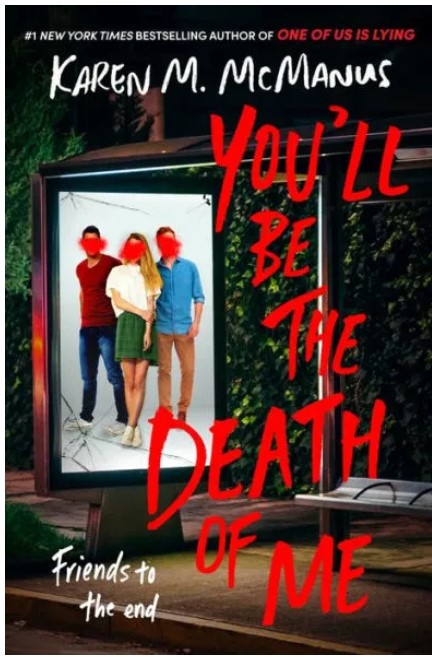Every year, the people of the Protectorate leave a baby as an offering to the witch who lives in the forest, to keep the witch from terrorizing their town. But the witch, Xan, is really kind and gentle. She shares her home with a wise Swamp Monster and a Perfectly Tiny Dragon. Xan rescues the children left in the woods and delivers them to welcoming families on the other side of the forest.
One year, Xan accidentally feeds a baby with moonlight, filling the ordinary child with extraordinary magic. Xan decides she must raise this girl, who she calls Luna, as her own. As Luna’s thirteenth birthday approaches, her magic begins to emerge with unpredictable consequences, just as it’s time for Xan to go collect another child. Meanwhile, a young man is determined to free his people by killing the witch. And a volcano, dormant for centuries, rumbles within the earth. . .
The Girl Who Drank the Moon has many elements of a classical fairytale. A witch who lives in the woods, a swamp monster who recites poetry, a tiny dragon, and a curious girl filled with magic. Like a classical fairytale, the story is often dark, scary, and teaches a lesson. Despite this, readers may get bogged down in the long, repetitive descriptive passages that often use difficult vocabulary words. Between some of the chapters, there is a one-sided conversation between an anonymous speaker and another person. Because the speaker is unknown, these pages are more confusing than interesting.
The complex story uses an omniscient point of view so the reader can understand all of the characters’ thoughts. However, the story jumps to many characters—Xan, Glerk, Fyrian, Luna, the Madwoman, Sister Ignatia, Antain, Grand Elder Gherland, and Ethyne. While all the stories merge at the end, the large cast of characters and the winding plot make The Girl Who Drank the Moon best for strong readers.
Xan, a beautifully complex witch, shows love through every action. When she collects the abandoned babies and finds them new homes, she truly believes that she is doing what is right. Later she realizes that “I was wrong not to be curious. I was so wrong not to wonder.” Xan’s compassion allows her to understand others’ pain, and her love gives her the strength to fight for others.
The story deals with the difficult topics of death, grief, and political corruption. But beauty is woven into each page as the characters realize that family is not always determined by one’s birth, but by love. Luna’s family—Xan, the swamp monster, and the tiny dragon—is formed by love, loyalty, and the willingness to sacrifice for each other.
Even though The Girl Who Drank the Moon won the Newbery Award, the story may hold more appeal to adults than to middle-grade and teen readers. While the story has some interesting elements, the length of the story, the long descriptive passages, and the slow world-building make the story difficult to complete. Readers looking for a story about a witch that steals children may want to skip The Girl Who Drank the Moon and read Nightbooks by J.A. White instead.
Sexual Content
- An anonymous speaker dreams about her son. She says, “Last night I dreamed that he waited next to a tree for a girl to walk by. And he called her name, and held her hand, and his heart pounded when he kissed her.”
Violence
- Every year, the youngest child in the village is sacrificed to a witch. The town Elders take the baby into a clearing in the woods and leave the child there.
- Paper birds come alive and attack a boy called Antain. “A paper raven swooped across the room, slicing its wing across Antain’s cheek, cutting it open, letting him bleed. . .” The birds permanently disfigure the boy’s face.
- A man tries to take a sacrificed baby, but Xan stops him. “She could feel her magic rush from the center of the earth. . . like massive waves pushing and pulling the shore. She reached out and grabbed the man with both hands. He cried out as a surge hit him square in the solar plexus, knocking his breath clear away.” Xan turned into a bird and “lifted the baby into the sky.” Both the man and Xan were trying to keep the baby safe, but they did not realize it.
- Xan turns into a sparrow. She flies over a frightened man. She tries to comfort him. “She fluttered out of her hiding place and circled over the figure. A young man. He screamed, loosed the stone in his hand, and hit Xan on the left wing. She fell to the ground without so much as a peep.” The sparrow’s wing is broken so the man binds the wing and carries the bird with him.
- The Sorrow Eater feeds off of grief. In order to feed, she finds a starling nest. “She reached in and grabbed a tiny, wriggling nestling. She crushed it in one fist as the horrified mother looked on. The mother sparrow’s sorrow was thin. But it was enough. Sister Ignatia licked her lips and crushed another nestling.”
- Sister Ignatia threatens Luna. In order to protect the girl, paper birds attack Sister Ignatia. “The birds cut her hands. They cut her forehead. They attacked without mercy.”
- Sister Ignatia tries to take magical boots off of a woman. Sister Ignatia “balled her hands into two tight fists and raised them over her head. When she swept them back down, uncurling her fingers, they had four sharp knives. Without hesitating she reared back and snapped her hands forward, shooting the knife blades directly for the madwoman’s heart.” The madwoman moves just in time and is not injured.
Drugs and Alcohol
- The town Elders “grew big and strong on beef and butter and beer.
- Luna gave “ale to the geese to see if it made them walk funny (it did).”
- A woman goes mad after her baby is sacrificed. She is given “special potions to keep her calm.”
- The Elders drink wine with lunch.
Language
- A monster says, “As the Poet famously said, dear lady: ‘I don’t give a rat’s—‘” The monster stops talking when he is interrupted.
- “My god” is used as an exclamation once.
- When Antain asks to see the Elders, which is unusual, his uncle says, “Tradition be damned. The council will be ever so pleased to see you.”
Supernatural
- Sister Ignatia is a Sorrow Eater, who “spreads misery and devours sorrow.” When someone feels grief, Sister Ignatia’s “tongue quickly darted out and disappeared back into her mouth. She closed her eyes as her cheeks flushed. As though she had just tasted the most delicious flavor in the world.”
- Xan is a witch and can change forms. She picks up the sacrificed infants and feeds them starlight. “Once it was dark enough to see the stars, she reached up one hand and gathered starlight in her fingers. . . and fed it to the child.”
- In order to hide from the Elder, Xan “transformed herself into a tree—a craggy thing of leaf and lichen and deep-grooved bark, similar in shape and texture to the other ancient sycamores standing guard over the small grove.”
- When Luna was an infant, she drank moonlight, which “enmagicked” her.
- Xan believes that “magic should never be used to influence the will of another person.” Despite this, she uses magic to make Luna sleep. When Luna begins transforming things, such as turning bread dough into a hat, Xan uses a spell to keep Luna from using magic. Xan is afraid Luna will hurt herself or someone else.
- Xan uses her magic to cure a young woman of headaches.
- Xan has a memory of protecting people “who lived in a castle. . . She remembered how she put protective spells on each of them—well, each of them but one—and prayed to the stars that each spell would hold as they ran.”
- A girl is told a story about a witch who had boots that “could travel seven leagues in a single step.” The witch ate “sorrow, or souls, or volcanoes, or babies, or brave little wizards.” Soon, the girl discovers that the witch and the magical shoes are not just a story, but are real.
- A woman learns how to transform herself into small things such as a cricket, a spider, or a waterbug.
- Luna discovers a library, where the books are eager to have their voices heard. “Each book and each paper, as it turned out, had quite a bit to say. They murmured and rambled; they talked over one another; they stepped on each other’s voices.”
- A flock of paper birds helps a “madwoman” escape from prison. The paper birds appear several times in the story.
Spiritual Content
- A creation story explains how everything came from a bog. “In the beginning there was the Bog. And the Bog covered the world and the Bog was the world and the world was the Bog. . . But the Bog was lonely.” So the Bog created life on earth.
- Xan remembers another time in her life when “she could remember climbing into her bed and clutching her hands to her heart, praying to the stars that she might have a night free from bad dreams. She never did.”
